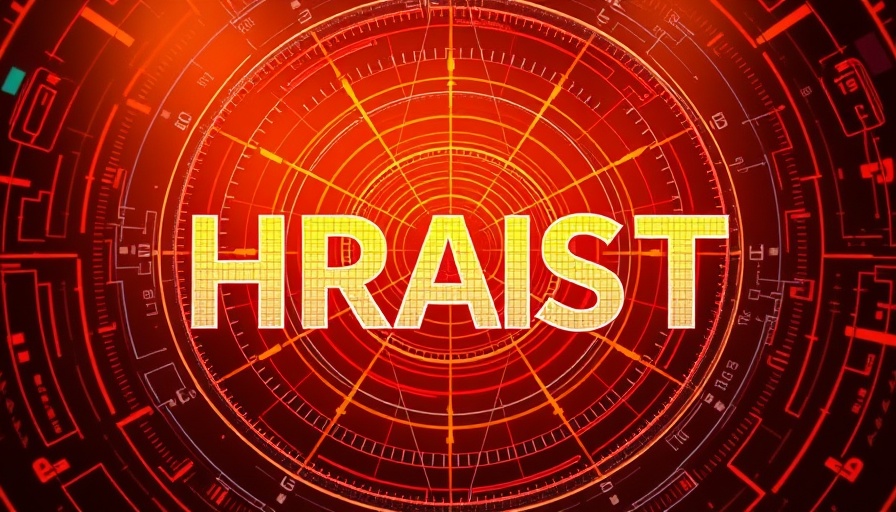
AI Hallucinations: A Growing Concern in Health Communications
As artificial intelligence (AI) becomes increasingly integrated into healthcare communication, one critical issue has emerged: AI hallucinations. These are instances when AI systems generate false or misleading information, which can have profound implications, especially concerning public health. AI technologies, employed to streamline processes and disseminate information, could inadvertently spread inaccuracies about medical treatments and vaccines. By enhancing the way we prompt AI systems, we stand to mitigate these risks significantly.
Understanding AI Hallucinations and Their Consequences
AI hallucinations occur when machine learning models misinterpret or generate erroneous information. In health communications, this phenomenon can lead to severe misinforming of the public regarding vaccine safety, efficacy, and availability. For instance, AI mechanisms might incorrectly report adverse effects or falsely assure safety, which can sway public opinion and undermine trust in essential health initiatives. This situation emphasizes a pressing need for careful prompting techniques that encourage accurate data generation from AI platforms.
Addressing False Vaccine Claims Through Better Prompts
False claims about vaccines are pervasive on social media and other platforms, often magnified by AI algorithms that inadvertently promote misleading information. Research indicates that targeted, thoughtful prompting can enhance the accuracy of AI-generated content. Fact-checking tools and social media governance policies can work hand-in-hand with AI to create a more truthful information ecosystem. By crafting prompts that encourage AI to focus on credible sources, we can work towards dismantling misinformation and nurturing public trust in vaccinations.
Healing Through Foundations: Community and AI Interactions
The intersection of community and AI also presents opportunities for healing and education. Communities can harness AI in addressing health disparities and improving access through tailored health advice. By utilizing AI systems designed with preventive health in mind, local organizations can spark a transformation in how health education is approached. However, the key lies in the prompting: clear, community-oriented language can engage AI in producing content that resonates with the target audience. This not only increases health literacy but also establishes a robust support system across all demographics.
Future Insights: Technology That Listens to Human Needs
As we move forward, the technology developed must evolve to consider the nuanced needs of individuals. The integration of AI in public health necessitates a future where technology listens to and learns from human interactions. This creates a layer of empathy within the AI systems, which could be vital in health applications. Imagine a healthcare model where AI assists not only in providing data but does so with a human-centered understanding—this is where better prompting can make all the difference.
Empowering Individuals with Knowledge: The Long-Term Vision
Finally, the aim should be to empower both insured and uninsured citizens with knowledge that affirms their health decisions. Understanding the intricacies of these technological advances can demystify them, fostering a sense of agency among individuals. By promoting clear, well-crafted prompts, we can ensure that AI consistently delivers actionable insights. As this landscape evolves, citizens must not only receive information but also learn to question and seek clarity on the advice presented to them.
In conclusion, amidst the complexities of AI in health communication, the potential to reduce misinformation through better prompting techniques highlights an opportunity for a healthier public discourse. As we stand at this pivotal crossroads, let’s engage with one another to advocate for transparent AI applications that prioritize human understanding. Together, we can create a resilient community rooted in accurate information that uplifts and inspires.
 Add Row
Add Row  Add
Add 




Write A Comment